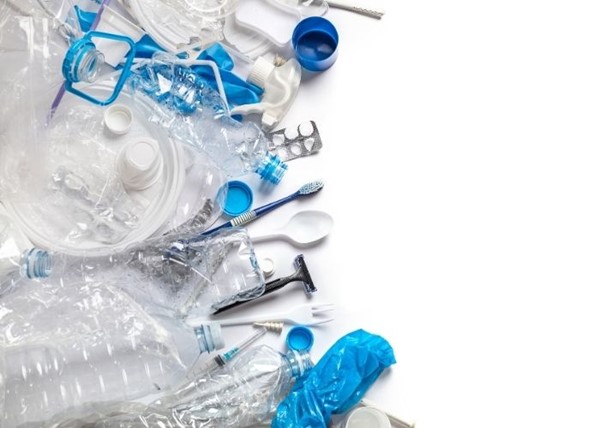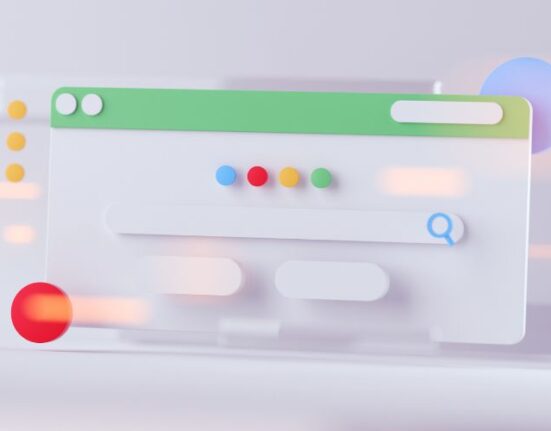Environmentalists have targeted the plastic industry and lobbied to ban certain products for years. It’s a simple solution to environmental issues, but the repercussions of replacing plastics make the issue much more complicated. Plastic has been an impetus for technological advances that depend on the versatile material. For instance, we would miss the seatbelts that can reduce injuries by as much as 50 percent. Plastic packaging has also improved the freshness of food conveyed to the hungry in other countries. The issue is not as clear as bad versus good.
Banning plastics in everyday life might disrupt supply chains, cause various industries to suffer, and lead to fewer improvements of modern life. Environmentalists may have the best answers for protecting the Earth, but giving up plastics could have many harmful effects, too. Whatever side you choose, it’s important to be informed about all the ways we depend on plastics.
Automotive Safety Features
The automotive industry has increased the ways in which it uses plastic because the material is so light and strong that it can improve vehicle performance and decrease prices for consumers. Cars already rely on features such as child safety seats and airbags, which would be far less effective without plastic. Eliminating plastics in the automotive industry could be disastrous for the economy.
Medical Appliances
Thermoplastic nylon has so much flexibility and resistance to chemicals that it has endless applications: pantyhose, standard military equipment, and even astronaut suits that have traveled to space. This plastic has made possible many medical advances, such as more customized limb prosthetics and more precise surgical instruments.
Home Building Materials
The components that make up your roofs, walls, flooring, and insulation are partly plastic, and eliminating them would actually make buildings less energy-efficient.
Cell Phones
Plastics are integral parts of many electronics—computers, televisions, refrigerators—and manufacturers are increasing the material’s use. For instance, plastic components make cell phones lighter, easier to produce, and cheaper. The use of plastics in cell phones is one of the main reasons people can afford them.
Understanding the many ways we depend on plasticwill change the way many people view environmental issues. Banning plastics in everyday life would impact everything from the economy to our safety. More education should inform the issue and be a part of the solution, and it begins with you.

















